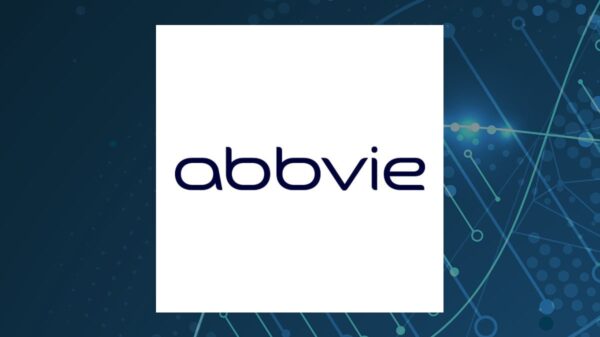Online education is rapidly evolving, with 54% of undergraduate students now enrolled in at least one distance education course. As the landscape expands, the focus has shifted from questioning the efficacy of online learning to identifying how to optimize it for diverse learners, particularly working adults. These individuals often seek career-focused programs that effectively blend professional development with well-structured online learning.
To create programs that truly serve students, institutions must go beyond merely transferring traditional classroom content to a digital format. It requires a comprehensive understanding of how students engage in virtual environments and how technology can enhance the educational experience. Institutions that excel in this area offer valuable opportunities, yet finding the right program can be challenging, especially for adult learners striving to remain competitive in a dynamic job market.
The online education market witnessed significant growth during the COVID-19 pandemic and continues to thrive. Projections indicate an increase of 20.5% from 2022 to 2030. What makes these programs particularly appealing is not just their scale, but their quality. Recent statistics reveal that nearly 60% of students express satisfaction with their online learning experiences.
Key Features of Effective Online Learning
Current trends indicate a shift towards more career-focused online education, emphasizing individual credentials and modular content. This approach facilitates “just-in-time learning,” enabling students to acquire specific skills when needed and engage in continuous learning. Such credentials can be stackable, building toward more comprehensive qualifications over time.
Despite its advantages, online education is not without challenges. The U.S. Department of Education has identified several obstacles that institutions must address to enhance student success. As prospective students evaluate programs, they must consider how these challenges can be mitigated while maximizing the benefits of online learning.
Cost remains a significant consideration for prospective students. However, understanding the value of what that investment yields—alongside the underlying educational philosophy—is equally crucial. Effective career-focused program design starts with a deep understanding of adult learners, who often balance work, family, and educational responsibilities. These students bring substantial life experience to their studies and require education that aligns directly with their personal and professional aspirations.
Student-centered design is critical to fostering an effective learning environment. Connecting coursework to real-world applications is essential, as is implementing outcome-focused strategies. These strategies provide students with the skills necessary to thrive in their chosen fields.
Flexibility is frequently touted as a primary benefit of online education. Yet, a successful career-focused program must strike a balance between flexibility and structure. Students need the autonomy to learn at their convenience while also benefiting from clear expectations, regular check-ins, and a well-organized progression through course materials.
Active learning is a crucial element of effective online programs. Passive consumption, such as merely watching videos or reading materials, often leads to poor retention and engagement. Instead, programs should encourage students to actively interact with content, apply concepts, and receive feedback on their progress. Techniques that promote active learning include collaborative projects, interactive discussions, and practical assignments.
Fostering Community and Support
Creating a sense of community is one of the most significant challenges in designing online programs. Research consistently shows that instructor presence—the extent to which students perceive their instructor as actively engaged in their learning—correlates directly with student success and retention. Building this presence requires consistent communication, timely feedback, and an approachable demeanor.
When exploring online programs, students should ensure academic support services are readily available. These services may include tutoring, writing assistance, and technical support. Additionally, mental health resources, such as counseling and peer support, are vital for working adults who may face challenges without adequate access to these services.
Support should extend beyond graduation. Comprehensive online programs will offer guidance in financial planning, work-life balance, and career services, ideally remaining available even after students complete their studies.
Modern learners require modern technology. Essential features for online programs should include user-friendly platforms, access to digital resources, and tools that facilitate collaboration in shared virtual spaces. This technology enables one of online education’s primary advantages—the ability to connect and learn in a collaborative environment.
Designing successful online education programs necessitates more than just technological advancements. It requires a profound understanding of how adults learn, what motivates them, and how to leverage technology to enhance human connections and meaningful learning experiences. Institutions like the University of Phoenix exemplify successful models by prioritizing student outcomes in their program designs.
As the higher education landscape continues to change, institutions that embrace these principles will be best positioned to meet the needs of an increasing number of learners seeking flexible, career-oriented educational opportunities. The future of online education belongs to those who can effectively design programs that cater to the unique demands of adult learners.


































































